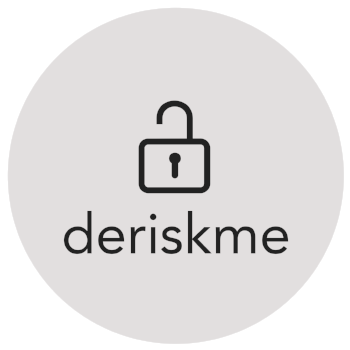Paula Gair answers your questions on RadioLIVE Long Lunch (Tuesdays after the 1 o’clock news)
What is a Romance Scam?
Pretending to be in a relationship to scam someone out of money:
Dating sites
Social media
Even starting by email or phone
Can be requests for money, or banking / credit card details.
If someone asks you to transfer money through your account you could be money laundering.
Requests for intimate images used to blackmail you later.
Access to social media accounts (to scam your friends).
How big a problem is this in NZ?
2018 Q1 Romance Scams reported to NetSafe
In 2017 Kiwis reported losing over $1.4 million to romance scams.
In the first three months of 2018, Kiwis reported losing $7.9 million to romance scams (if that continues that would be 31.6M for a year, 2157% increase on 2017).
Many losses are unreported to NetSafe - so real losses are likely to be much higher.
Australia _ September 2018
341 reports / $1,238,597 (1 month), 26.7% reports with financial losses, ½ reports over 45 and M 42% F 55% (2% not stated)
What is Catfishing?
“lure (someone) into a relationship by adopting a fictional online persona”
“Catfishing is a type of deceptive activity where a person creates a sock puppet social networking presence, or fake identity on a social network account, for attention seeking, bullying or as a romance scam. A "catfish" is someone pretending to be someone they are not on the internet.”
Is it possible to enjoy online dating or make friends online safely?
Yes. Many people meet online and there are many happy long term relationships, however as in the real world you need to proceed with caution in a new relationship, and check out someone is who they say they are. (A genuine person would not be upset with a cautious approach.)
Ask friends for recommendations of dating sites and look around before you sign up and be prepared to close your account if a site is not for you.
What are the red flags to look out for?
An attractive person makes contact on social media - why have they contacted you?
Moving fast - expressions of love / strong emotions when you’ve just met
Problems that can be solved with money - scammers don’t always ask outright / they let you offer (eg business, family, health problems or financial assistance to meet in person)
Talk turning to money early on - also beware ‘the long con’ were scammers get you really hooked before asking for money and they may have sent you gifts etc)
Hesitancy about meeting - never able to communicate with a video call or meet face to face (often cancelling)
Inconsistency - what the person says they are and how they communicate not making sense
Changes in communication style in messages - scams are often operated by more than one person
Moving communications - away from online dating website to a more private channel (eg to messaging app like ‘whats app’)
How can you keep yourself safe?
Proceed with caution -
Do a Google search of the persons name (if they have previous convictions or history you will often find this).
Check them out - does their social media profile stack up (some scammer steal someone’s online identity eg a professional or military person).
If they say they are a company director you should be able to find company details.
Other social networks - facebook / linked in etc.
Reverse image search - see instructions below
Protect your personal information (eg passwords, bank / cc, security q answers, dob, address, phone, birthday, passport, drivers licence.
(Can be used to access your accounts or impersonate you online.)
Privacy - check your Privacy and security settings on social media (and the info you’re sharing) so your personal info is restricted to friends
Instincts -Maybe you have a concern, or you’re asking yourself why the person doesn’t want to meet / always has excuses?
Once money is gone it’s very hard (usually impossible) to recover so stop now (if you’ve already sent money don’t send anymore).
You can simply say you don’t have the money if someone asks you. Don’t offer.
Don’t respond to requests or hints for money.
Never send money to anyone you don’t know or haven’t met in person.
What to do if you suspect you’ve scammed?
People are often embarrassed but you should tell people and report these scams to help stop them.
Report to the platform / social media site.
Report to NetSafe for help.
IDCare can help if you think you’ve had your identity stolen.
How to do a reverse image search
This doesn’t guarantee you’ll find out if someone is scamming you but you will see if the image is being used elsewhere.
Images.google.com
Here’s how to do a reverse image search
https://support.google.com/websearch/answer/1325808?hl=en
Download a copy of the photo of the person on to your device
Go to Google Image search, select the camera icon 📷 and upload the photo
Google will return a list of results showing where the picture is being used on the internet.
Have more questions about this or any other online safety issue?
Paula will answer your questions and give you practical and simple advice to help you stay safer online.
If you need help with an urgent cyber security, online safety or privacy breach these are the organisations that can help.
If you’d like to ask Paula a question please contact us.
Sign up to receive emails and you’ll receive timely advice and suggestions or follow us on twitter.

